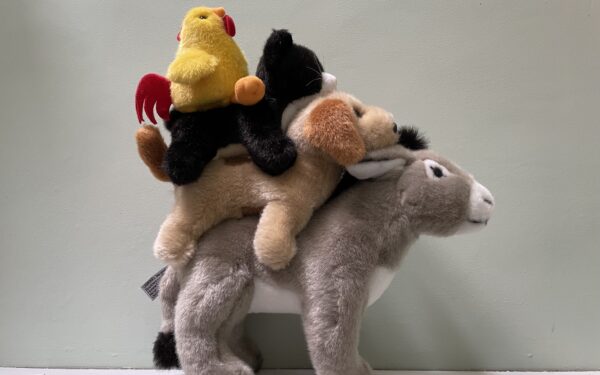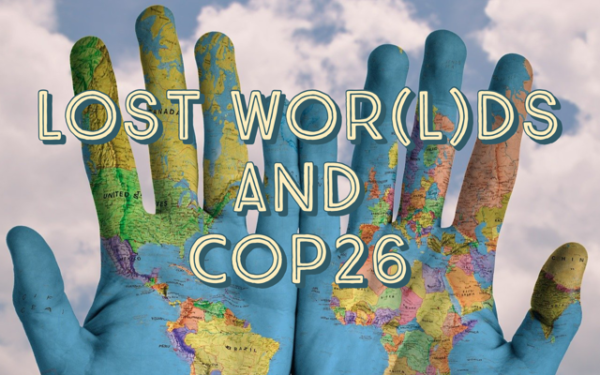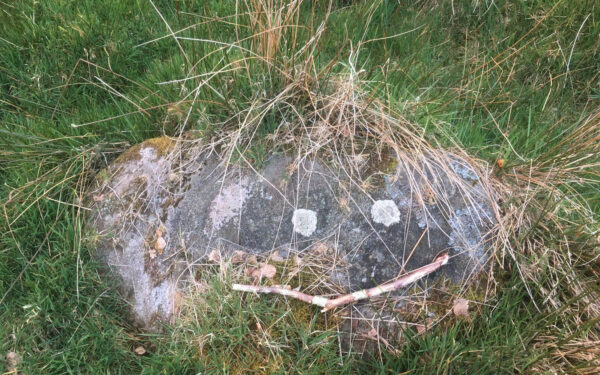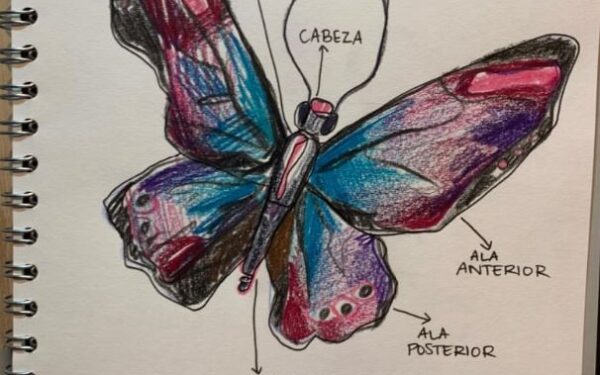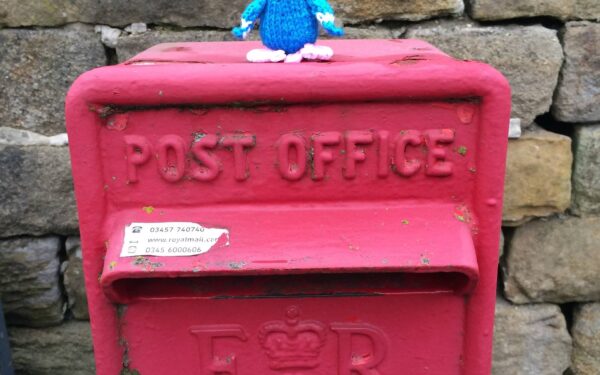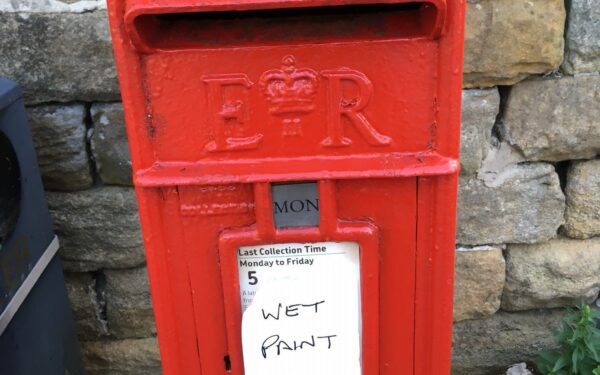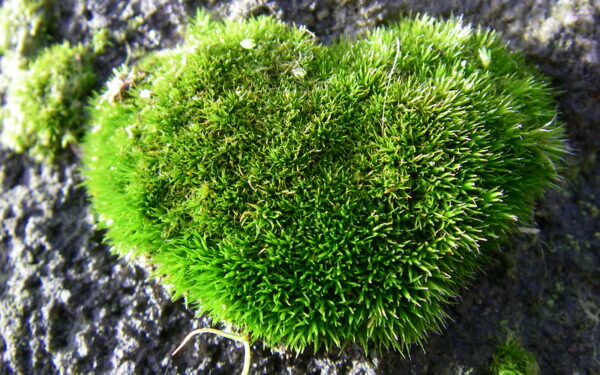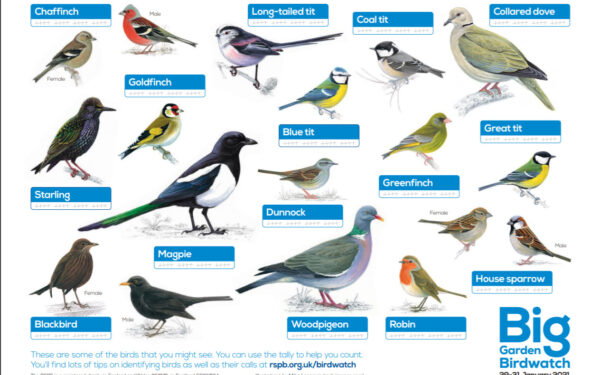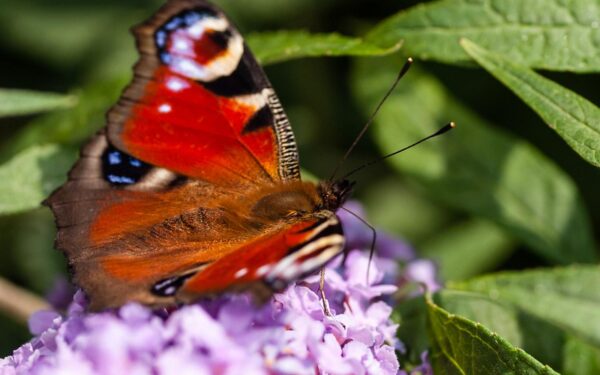Every time we share a story with children, we have a fantastic opportunity to enable children to build on their language awareness, learn from each other, and enhance their linguistic repertoire. Check out this activity to gain some confidence in enhancing children’s linguistic repertoire through storytelling.
Read MoreLost Wor(l)ds and COP26
From October 31st to November 12th, the 26th United Nations Climate Change Conference is taking place in Glasgow. To celebrate COP26, we have put together a “Calendar of Events”: for each day of COP26, we are focusing on one specific activity. Some are aimed simply at valuing and appreciating nature, while others are more directly linked to activism and driving change at local level.
Read More30 Days Wild – Multilingual
Every year in June, The Wildlife Trusts run the 30 Days Wild challenge – a challenge to do an activity linked to nature, every day, for the whole month. When we recently met up with our local Wildlife Trust (Sheffield and Rotherham Wildlife Trust), we suggested the idea of putting together a multilingual version of 30 Days Wild, suitable both for children growing up multilingual, and for those learning another language at school.
Read MoreLost Wor(l)ds and Secondary School
Today in the International Day of Multilingualism – the perfect day to address a question we have been hearing a lot from teachers: is Lost Wor(l)ds just for primary? Are there ways to integrate multilingualism into secondary school? The answer to the first question is a resounding “no”, and the answer to the second question is a resounding “yes”!! This blog post gives some ideas on how to adapt Lost Wor(l)ds activities for secondary school.
Read MoreLetters for Change
We’ve just launched ‘Letters for Change’ and wanted to take the opportunity to reflect on why the connection between language, place and environmental challenges are so important right now. ‘Lost Wor(l)ds’ is about connecting language to nature, which also includes protecting the natural world. Greta Thunberg inspired children and governments across the world with her […]
Read MoreLetters for Change
This activity seeks to develop children’s understanding of global environmental issues and their connection to language. Children can use heritage language/s (words and phrases or the whole text) to produce a piece of persuasive writing calling for change in respect to a global environmental challenge. The aim is to improve writing skills, extend language knowledge […]
Read MoreCould your school be a Lost Wor(l)ds Feature School?
Every month, we are hoping to share schools on our blog who have used one or more of our activities, to gather examples of good practice, to showcase pupils’ language skills, and to enable schools to evidence their engagement with multilingualism in the classroom. Find out the very simple steps to become a Lost Wor(l)ds Feature School!
Read MoreBird Watch
If you read this activity in January, we strongly recommend that you link it to the RSPB’s wonderful annual Big Garden Birdwatch, but it can be completed any time of year.
Read MoreMinibeast Survey
This activity includes quick and easy suggestions on how to make the traditional “minibeast hunt” multilingual, taking as its starting point pupils’ knowledge of home languages, and facilitating pupils and the teacher to learn from and with each other.
Read MoreWor(l)d Weather
‘Wor(l)d Weather’ uses the weather to explore the similarities, differences and overall comparability between languages, as well as question the reasons why!
Read More